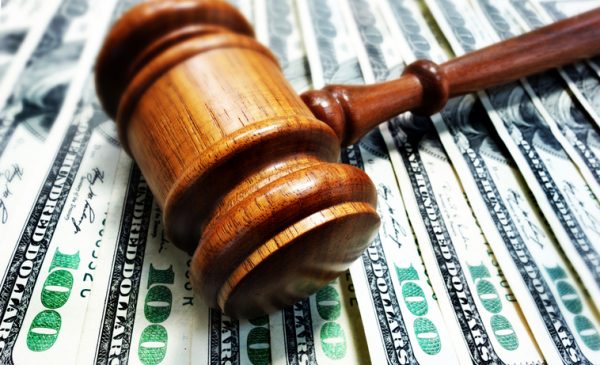
Watch out, medical debt collectors. You can’t count on the U.S. Supreme Court to protect you.
In a 7-2 ruling, the Court has reversed a Louisiana federal appeals court by holding that the Consumer Financial Protection Bureau (CFPB) may continue receiving funds through the Federal Reserve rather than through congressional appropriations. Had it been upheld, the appeals court opinion could otherwise have spelled disaster for the bureau.
To the average person, the SCOTUS ruling might sound eye wateringly wonky – until learning that the CFPB has been increasingly targeting medical debt collectors working to collect money patients owe to hospitals, nursing homes and other healthcare facilities.
A recent survey by Peterson-KFF found that Americans owe $220 billion in healthcare debt alone. Last September, the CFPB announced plans to develop new rules protecting an estimated 100 million patients (41% of Americans) against overzealous collection companies.
Specifically, the proposed regulations aim to bar reporting of medical debt to creditors, insurers, landlords, employers, and others, thereby depressing consumers’ credit worthiness and making it more difficult for them to rent apartments, get loans, and find jobs. A final rule is expected sometime this year.
In addition, the CFPB has acted against law firms involved in medical debt collection, ordering one firm to pay $577,135 in relief to harmed consumers, plus a $78,000 penalty.
Some collectors pursue debtors so aggressively that many are forced to sacrifice homes and ration food and other essentials, according to a KFF Health News-NPR investigation.
The KFF-NPR inquiry found that of more than 500 U.S. hospitals, at least 90 facilities deny medical care to patients who cannot pay their bills. Of medical debtors younger than 65, nearly two-thirds (61%) have healthcare insurance.
At the same time, the feds are getting plenty of support from the efforts of state and local governments.
In March, New York state passed legislation banning the inclusion of medical debt on consumer reports. New York follows Colorado, California, and Minnesota in either proposing or enacting similar legislation.
Additionally, New York City has pledged to pay down $2 billion of residents’ medical debt. Inspiration came in part from Cook County, Illinois (Chicago’s home), which became the first local government to partner with RIP Medical Debt, a nonprofit organization that buys up patient debt.
Further, last month, a group of federal legislators, including healthcare and consumer activist Senator Bernie Sanders of Vermont, introduced a bill they say would eliminate all medical debt held by Americans. In March, 10 Democratic senators formally urged the CFPB to expedite its rulemaking.
The federal proposal follows an announcement earlier this year by the three largest credit bureaus – Equifax, TransUnion, and Experian – that they would remove cleared medical debts from consumers’ credit reports beginning July 1, 2022.
Some SCOTUS watchers expected the nation’s highest court might uphold the lower court ruling barring CFPB funding from the Federal Reserve. The challenge was brought by two industry groups challenging a 2017 rule regulating payday lenders.
Yet following a vigorous debate over the Appropriations Clause of Article I, Section 9 of the U.S. Constitution, the Court rejected the challenge in a majority opinion by Justice Clarence Thomas. Justices Alito and Gorsuch dissented, arguing that the CFPB funding mechanism “blatantly attempts to circumvent the Constitution.”
Photo: zimmytws, Getty Images










